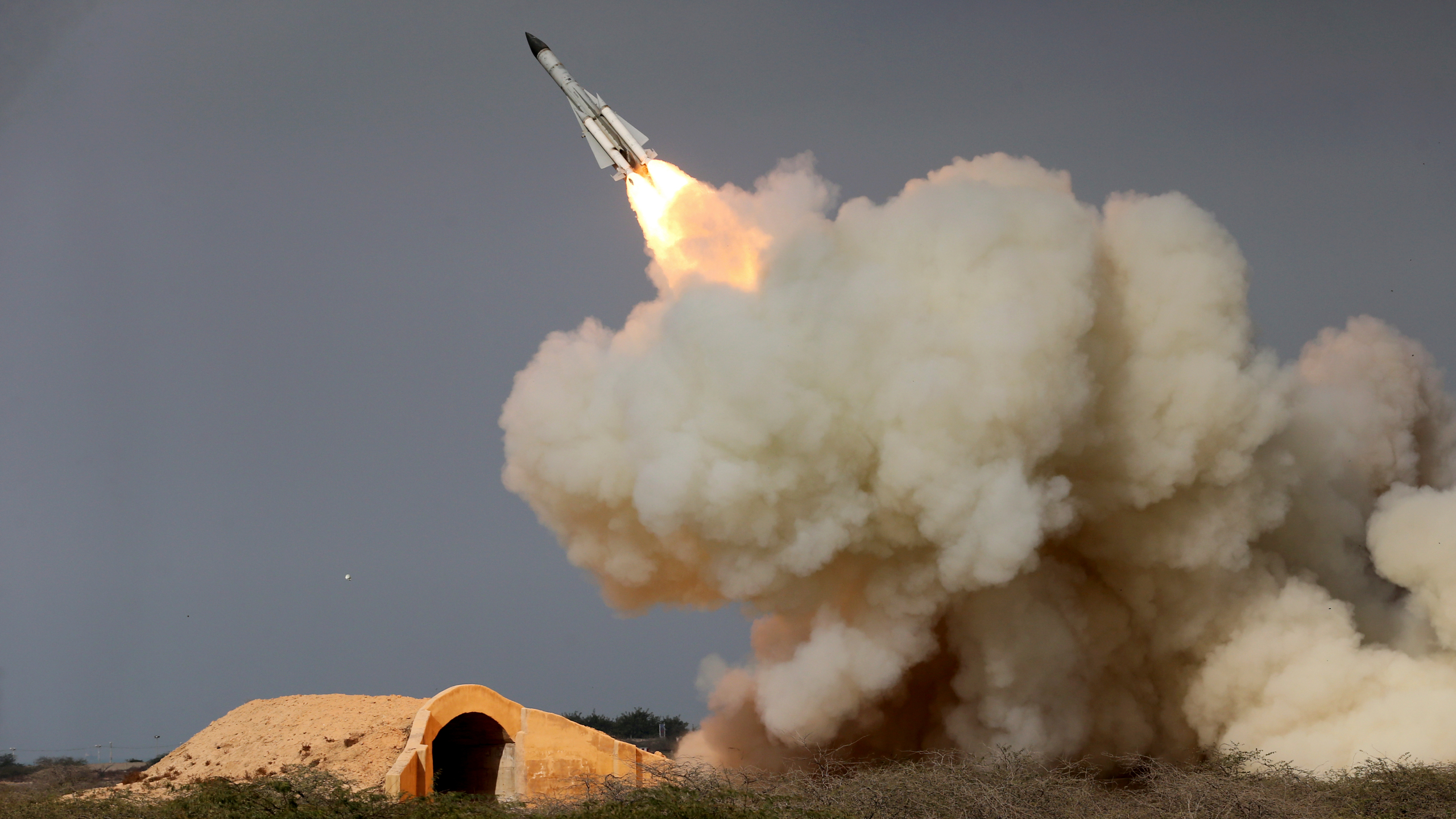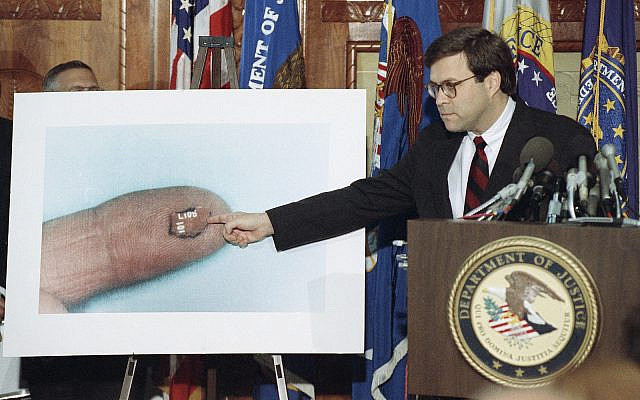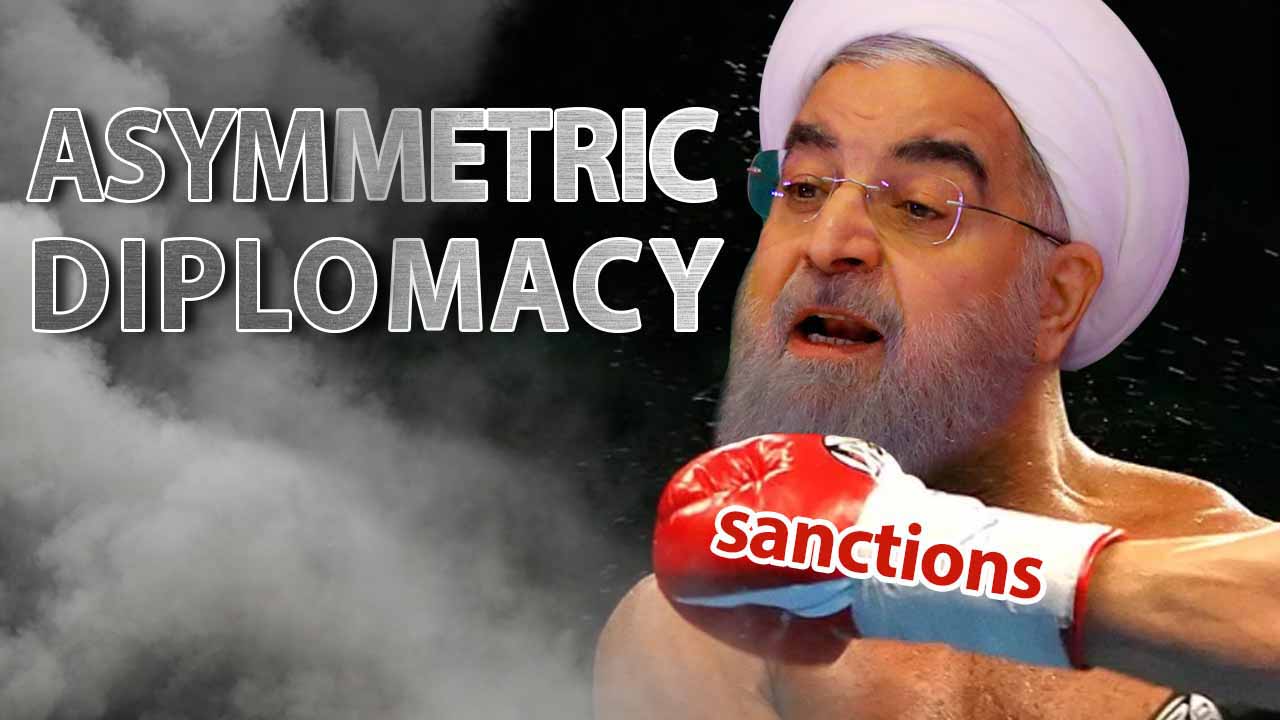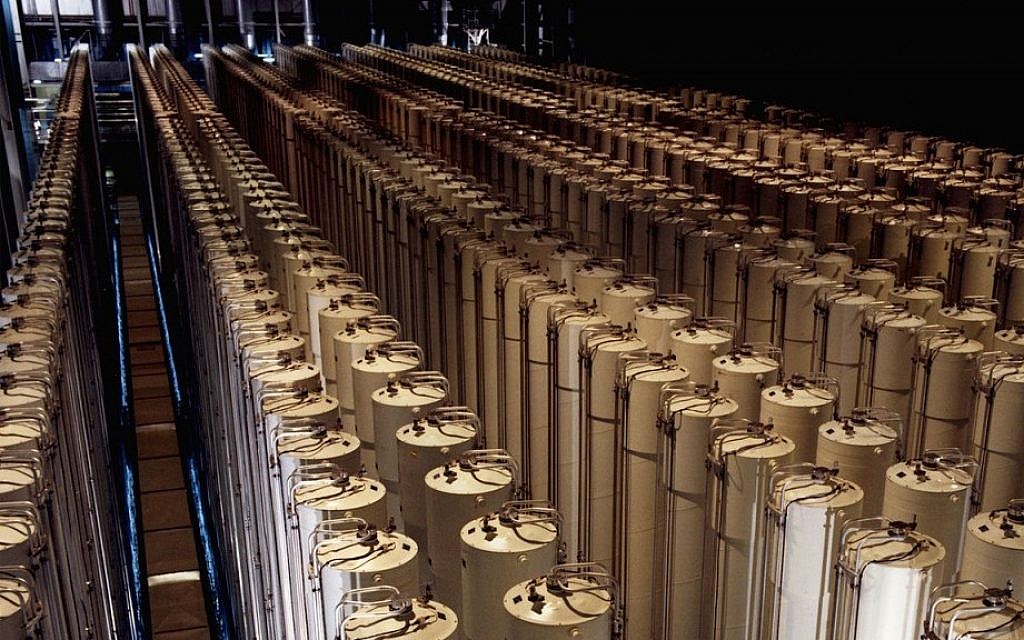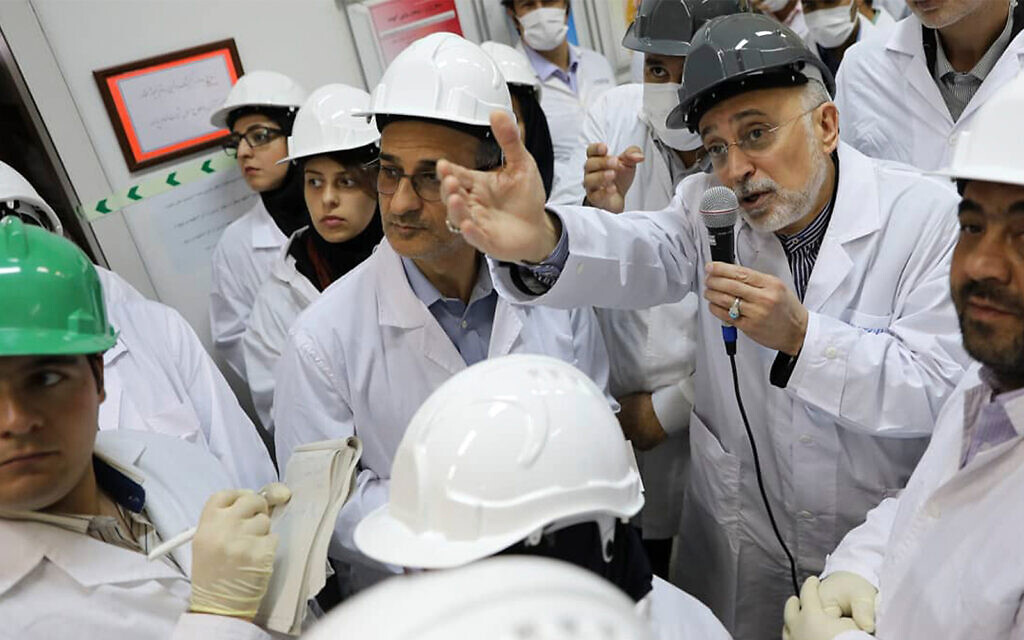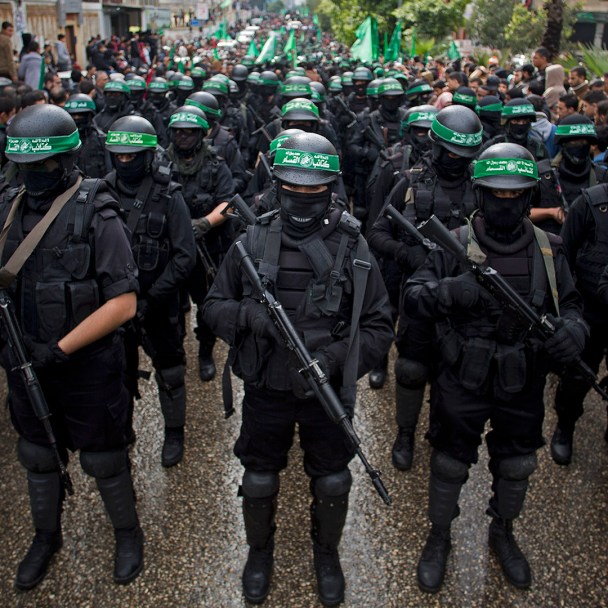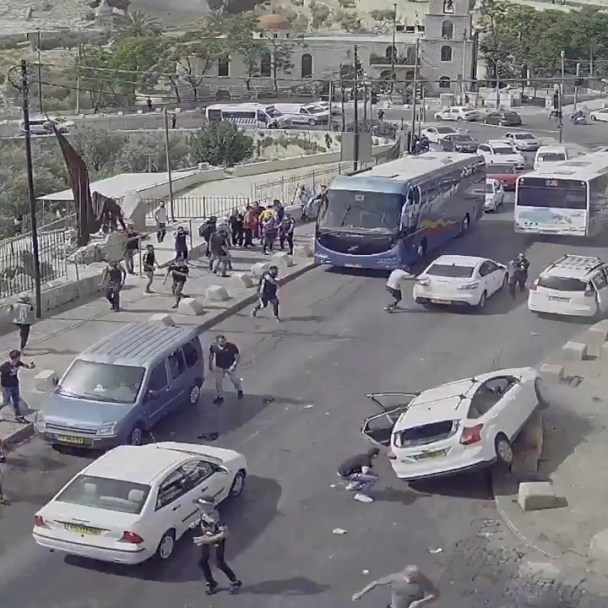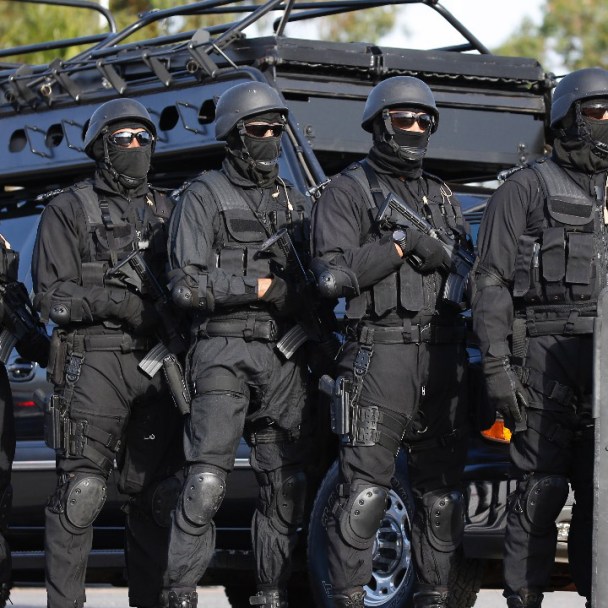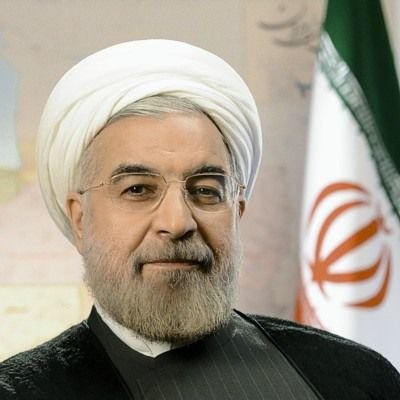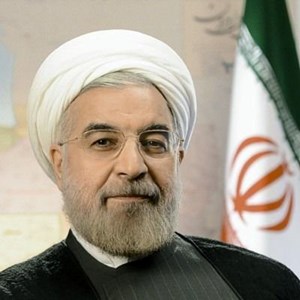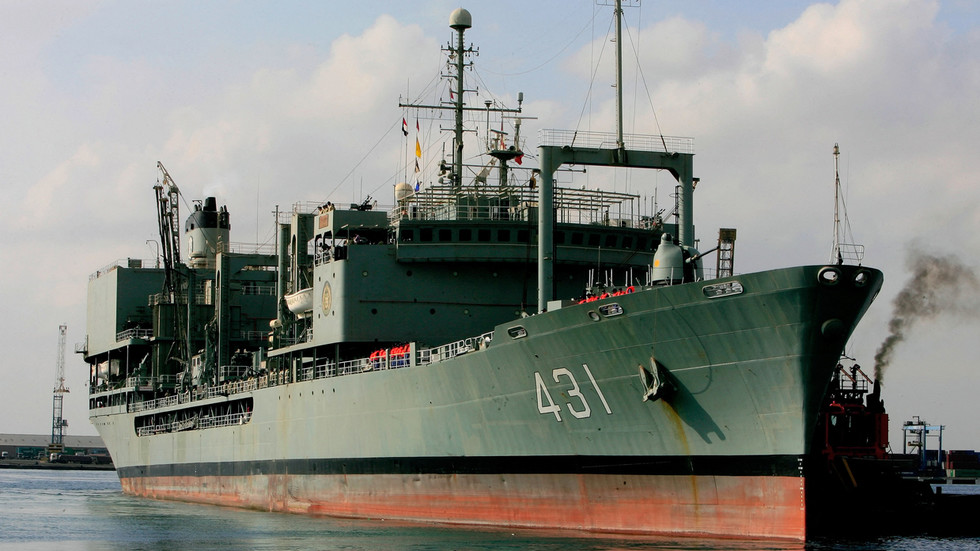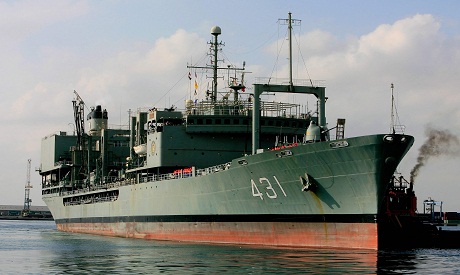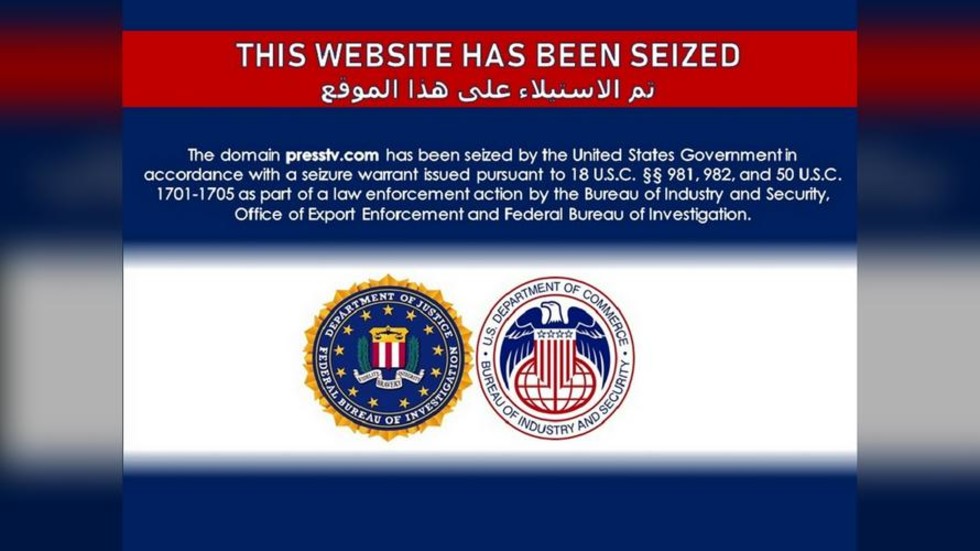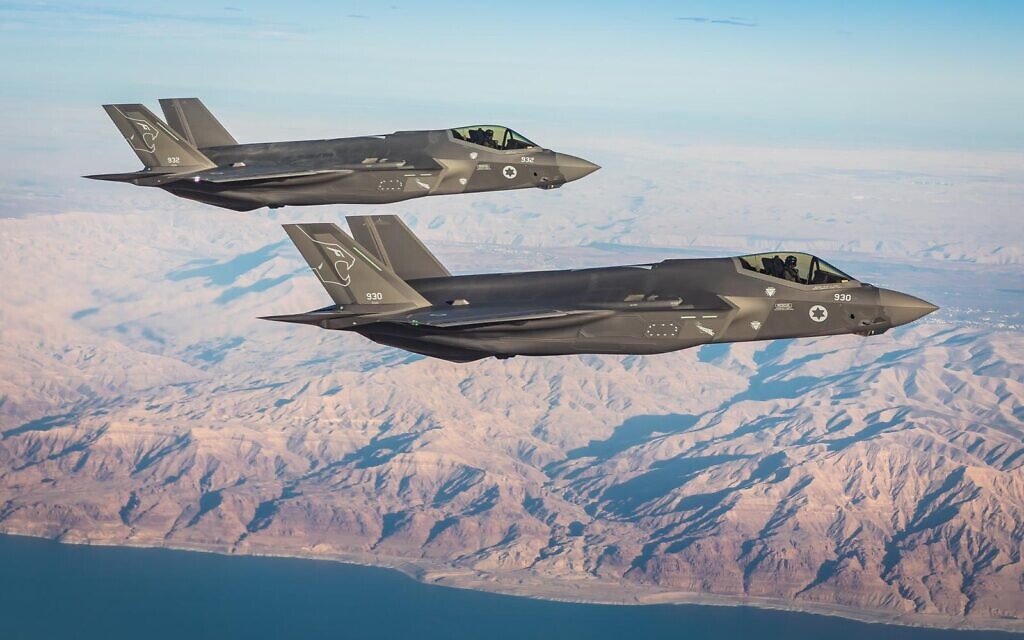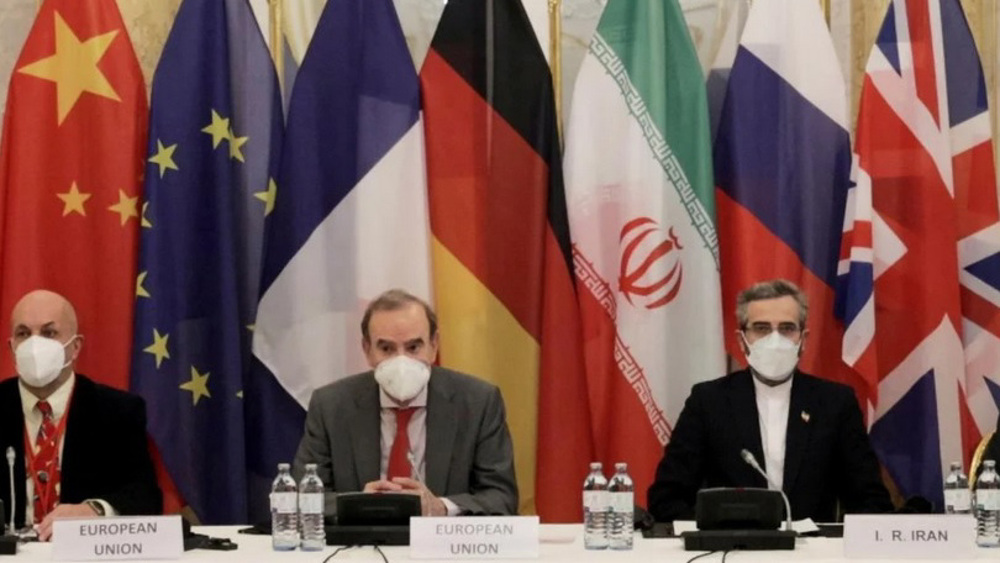Iranian Foreign Minister Mohammad Javad Zarif has accused Israel of plotting false flag attacks on Americans in Iraq in a bid to frame Iran and prompt Washington start an all-out war with Tehran.

www.rt.com
2 Jan, 2021 16:28
Iranian Foreign Minister Mohammad Javad Zarif has accused Israel of plotting false flag attacks on Americans in Iraq in a bid to frame Iran and prompt Washington start an all-out war with Tehran.
Zarif on Saturday tagged Donald Trump on Twitter – the US president’s social media of choice – as he repeated the claim of a false flag plot.
New intelligence from Iraq indicate that Israeli agent-provocateurs are plotting attacks against Americans – putting an outgoing Trump in a bind with a fake casus belli.
The foreign minister then warned Trump against falling for the alleged Israeli plot. He said that any hostilities against Tehran will backfire not only for Washington but also for its chief ally in the Middle East.
“Be careful of a trap, [President Trump]. Any fireworks will backfire badly, particularly against your same BFFs,” Zarif wrote.
Iran's top diplomat first brought up the topic of an allegedly impending false flag attack earlier this week.
On Thursday, he revealed Tehran had received a tip about such a plan brewing from Iraqi intelligence. While Zarif did not name a culprit behind the alleged plot, the tone of his message suggested that the US itself was actively seeking a pretext for war with Iran. He scolded Trump for flying B-52s and sending “armadas” to the Gulf region
“instead of fighting Covid in [the] US.”
The already hostile relations between Tehran and Washington have reached a boiling point recently due to the upcoming anniversary of the US assassination of Qassem Soleimani. The late Iranian general and leader of the elite Quds force within the country's Revolutionary Guards Corps (IRGC) was killed in a drone strike outside Baghdad, Iraq on January 3 last year.
While Iran retaliated shortly after the attack by striking several military installations housing US troops in Iraq, it has repeatedly pledged to extract further revenge on the Americans. Late in December, shortly after a rocket attack on the US embassy in Baghdad, Trump vowed to hold Iran responsible for the potential death of any American in Iraq.
Iran's top officials openly cheered Trump's election defeat in November, with President Hassan Rouhani stating his US counterpart was just days apart from going into the
"dustbin of history."
Featured Post I’m a former CIA agent: Iran was behind Lockerbie and should be made to pay
Despite former US AG Barr's claims, Libya did not carry out the horrific 1988 bombing of a plane over Scotland. The US should bring Iran to justice now
Jan 3, 2021, 11:46 AM
Acting U.S. Attorney General William Barr points to a fragment of a circuit board during a news conference on Pan Am Flight 103 in Washington, Nov. 14, 1991. The tiny fragment was described as part of the bomb inside a portable radio. (AP Photo/Barry Thumma)
As a former CIA operations officer, I am breaking 20 years of silence about one of the most heinous plane bombings on record, Pan Am flight 103 over Lockerbie, Scotland on December 21, 1988. I can now tell you, as I have been telling the CIA and FBI since being interviewed by them in early 2000, that I and
many other intelligence officers do not believe that Libya is responsible for the bombing. Iran, as the original evidence clearly showed, is the true perpetrator of this deadly attack and should be brought to justice.
Two weeks ago, just before stepping down as US attorney general, William Barr, who was also AG in 1992 and oversaw the investigation and indictment of the case, announced new charges against a Libyan man known as Masud for supposedly constructing the bomb that detonated on the plane. I believe Barr and the Justice Department announced this new indictment purely for the purpose of shoring up Barr’s original, faulty 1991 indictments.
The evidence and logic in the current case against Mr. Masud are as flimsy as the cases were two decades ago when Barr steered focus away from the obvious culprit, Iran.
I know Libya is not behind the bombing because I was the long-time handler for the principal US government witness
Abdul Majid Giaka, a Libyan agent who never provided any evidence pointing to Libya or any indication of knowing anything about that nation’s involvement in the two years after the bombing. Yet years later, he testified against the convicted Libyan intelligence officer,
Abdel Basset al-Megrahi, at the Lockerbie bombing (Pan Am 103) trial conducted at The Hague in 2000.
The US Government prevented my testimony and hid from evidence
the cables I wrote that proved Giaka knew nothing. When my cables were
finally released to the trial at the demand of the defense, the court dismissed Giaka along with the two CIA operations officers sent to the trial to testify to his credibility.
Yet today, the charade continues. The FBI acknowledges they have not even interviewed Mr. Masud themselves and are entirely dependent on an 8-year-old statement by an unnamed Libyan police officer from a country in the midst of a devastating civil war. Moreover, Masud had no history or signature for making the type of bomb that brought down Pan Am 103 nor for concealing bombs in Toshiba radios. The PFLP-GC (Popular Front for the Liberation of Palestine-General Command) did.
We just observed the 32nd anniversary of the bombing of Pan Am 103. It is time to drop the routine CIA procedure of embellishing intelligence reporting to fit a preconceived outcome rather than following the facts. The families of Pan Am flight 103 victims have suffered long enough and deserve to now be able to rest assured that the real perpetrators of this act of terrorism, Iranian actors, are brought to justice.
I am asking that the case be reexamined due to the availability of evidence against Iran and irregularities in the US government presentation of evidence at the first trial. The son of the man convicted made a similar request. He recently
appealed the conviction of his father to the High Court in Scotland. The panel of five judges is currently reviewing the appeal, which was presented in late November 2020.
Now is the time for former
Attorney General Barr, who signed the original warrants against Megrahi, and former
FBI Director Robert Mueller, who led the DOJ investigation, to answer some questions: If Libya is truly the culprit, why did the US not indict Libyan intelligence chief
Sanussi, who has reportedly been sitting in a Libyan jail since that nation’s revolution in 2011, and would have been in charge of any such high profile operation at the time of the bombing? And why was credible
evidence pointing toward Iran ignored, given Iran’s clear motive for the attack as retaliation for the downing of a civilian Iran Air Airbus and its proven capacity to carry out attacks similar to the bombing over Lockerbie?
Just a brief time remains for the current US administration to take action. President Trump has reportedly reluctantly
shelved the idea of striking Iran over its nuclear program. At the same time, he is
no longer aligned with an attorney general invested in the falsehood that Libya committed the bombing. This president still has an opportunity to take action.
I served for more than 40 years in the Middle East and saw numerous Americans killed by terrorist attacks, all orchestrated and supported by the mullahs in Iran. I urge President Trump to bring Iranian religious leadership to justice for the Pan Am 103 bombing now. The US and Israel should work together to strike key Iranian military facilities, IRGC training camps and all nuclear development sites, both open and secret, before Iran gathers enough strength to strike again, which they will.
The Times of Israel
Yemen PM: Airport attack by Iran-backed rebels meant to ‘eliminate’ government
Missile attack in Aden killed 25 people, targeted prime minister’s plane as it landed, the arrival hall and the VIP lounge
By
Samy Magdy Today, 12:54 am
he explosive slaying of Iran's leading general as he departed in a convoy from Baghdad International Airport set the stage for a year wrought with worsening tensions between Washington and Tehran, even as both governments were confronting severe outbreaks of the COVID-19 pandemic.
President
Donald Trump's administration argued that the assassination of Revolutionary Guard Quds Force Major General Qassem Soleimani
last January made the Middle East and the world a safer place. But on the one-year anniversary of the incident, officials of Iran, Israel and Iraq told
Newsweek that tensions remain high across the region.
With less than three weeks left in Trump's tenure, the temperature was especially high for fear of a sudden escalation, planned or miscalculated, which could quickly lead to a conflict of unknown proportions and unforeseen consequences.
Alireza Miryousefi, spokesperson for Iran's permanent mission to the United Nations, said his country was ready to act should the U.S. seek to stir trouble.
Newsweek subscription offers >
"While it is true that there is an appearance that the U.S. is setting traps or provocations to provide an excuse to initiate armed conflict in the last days of the administration," Miryousefi told
Newsweek, "Iran is fully prepared to defend itself and will, if it comes to pass, react openly and decisively."
The mission denounced "the military adventurism of the United States of America" in a New Year's Eve letter to the U.N. Security Council, taking note of recent high-profile U.S. military moves such as the flight of nuclear-capable B-52 bombers over the Middle East.
It was the second such aerial show of strategic force that month, and the first since Trump tweeted a direct warning to Tehran in the wake of
a rocket attack on the U.S. embassy in Baghdad's Green Zone. While the
USS Nimitz aircraft carrier was set to depart the region, Trump remained more than capable of directing assets toward the Persian Gulf.
The Pentagon referred
Newsweek's request for comment to U.S. Central Command, which did not immediately respond.
The UN General Assembly approved a $3.2 billion annual budget by a vote of 167-2 with Israel and the US voting “no” in protest over alleged anti-Semitism. Negotiations are said to have gone down to…

www.middleeastmonitor.com
January 2, 2021 at 2:57 pm | Published in:
Asia & Americas,
Iran,
Israel,
Middle East,
News,
Palestine,
UN,
US
The administration of outgoing US President Donald Trump voted against the United Nations (UN) budget over issues related to Israel and Iran,
AFP reported.
Only Israel followed in the footsteps of the US regarding the vote, while 167 countries voted in favour of the General Assembly's approval of the $3.231 billion UN budget for 2021.
US Ambassador to the UN Kelly Craft rejected the budget because it would fund a 20th anniversary event for the 2001 UN conference on racism in Durban, South Africa.
In solidarity with Israel, the US walked out of the conference over what it said, according to
AFP, was a fixation by Muslim-majority countries against the Jewish state.
Craft told the General Assembly that the US: "Called for this vote to make clear that we stand by our principles, stand up for what is right and never accept consensus for consensus's sake."
She added: "Twenty years on, there remains nothing about the
Durban Declaration to celebrate or to endorse. It is poisoned by anti-Semitism and anti-Israel bias."
UN states separately approved a resolution, passed 106-14 with 44 abstentions, backing the follow-up efforts on the Durban conference. US and Israel, along with some Western powers including the UK, France and Germany, voted against it.
Read: Iran's foreign minister says Trump trying to 'fabricate' pretext to attack Iran
According to
AFP, the US envoy also complained that the UN members did not support its decision to impose sanctions on Iran after Trump abandoned the nuclear deal reached during Barak Obama's administration.
"We don't find comfort based on the number of nations voting with us, particularly when the majority have found themselves in an uncomfortable position of underwriting terrorism, chaos and conflict," Craft expressed, referring to the rejection of the members of the international community to support sanctions on Iran.
However, she affirmed the US vote would not change its UN contribution, including 25 per cent of peacekeeping expenditures and some $9 billion a year in UN-channelled humanitarian relief.
AFP reported that US President-elect Joe Biden is expected to seek a more cooperative relationship with the UN, including stopping a US exit from the World Health Organisation, which Trump blamed for not doing more to stop COVID-19.
Read: Via US general, Israel seeks to sway Biden over Iran
Confused, Search:


 www.presstv.com
09 December 2020
www.presstv.com
09 December 2020

